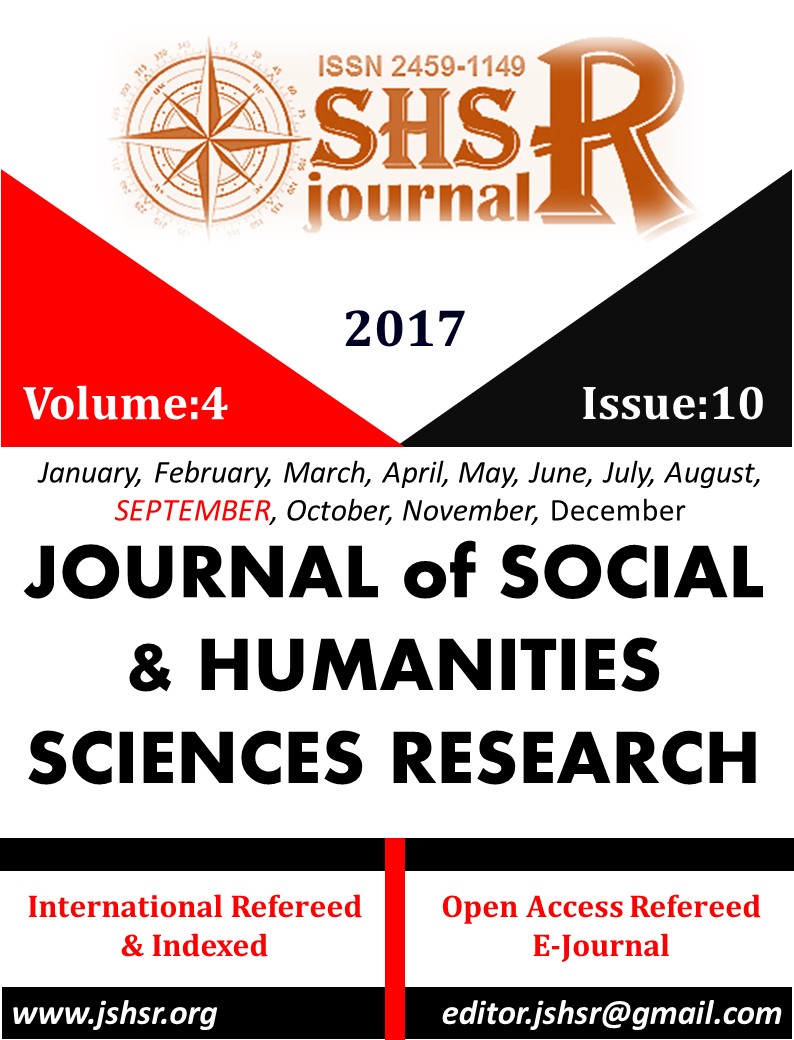A CRITICAL OVERVIEW OF SUMMER SCHOOL PRACTICES IN TURKEY
DOI:
https://doi.org/10.26450/jshsr.62Keywords:
Summer school, Learning, Course passingAbstract
A number of changes or innovations are being made to the needs of universities, faculty members and students over time. Summer school practice is also one of these innovations. The summer school application is an application which is mostly based on the intense desire of students who are concerned about school extension. In this study, it was emphasized that the summer school application is not a teaching-based practice, but rather a course-oriented practice. There is a limited number of researches on this subject abroad and in our country. The aim of this study is to investigate the advantages and disadvantages of summer school practice. In the 2013-14, 2014-15, 2015-16 and 2016-2017 academic years, the researcher's universe was educated in different parts of the Faculty of Education of Yüzüncü Yıl University and among the students who participated in the summer school education in the Education Faculties of different universities, there were 154 students and 76 students from Dokuz Eylül University the results of 60 courses and the opinions of 41 students are taken from 20 students who have attended summer school education at their own university. In the study, the achievements of the students in the normal term, obtained from the lessons and the achievements of the summer school, were compared. As a result, it is seen that there are huge differences between the achievements of most students in the regular course and the achievement of summer school. Only 11.21% of the students who participated in the survey failed again in summer school. In view of these findings, students who failed in the normal course of the courses show high achievements in the summer school from the same courses, the critical (suspicious) view of summer school practice is inevitable. These results have shown us that, in fact, summer school is not about learning but about teaching.
Downloads
Published
How to Cite
Issue
Section
License
Copyright (c) 2017 INTERNATIONAL JOURNAL OF SOCIAL HUMANITIES SCIENCES RESEARCH

This work is licensed under a Creative Commons Attribution 4.0 International License.


